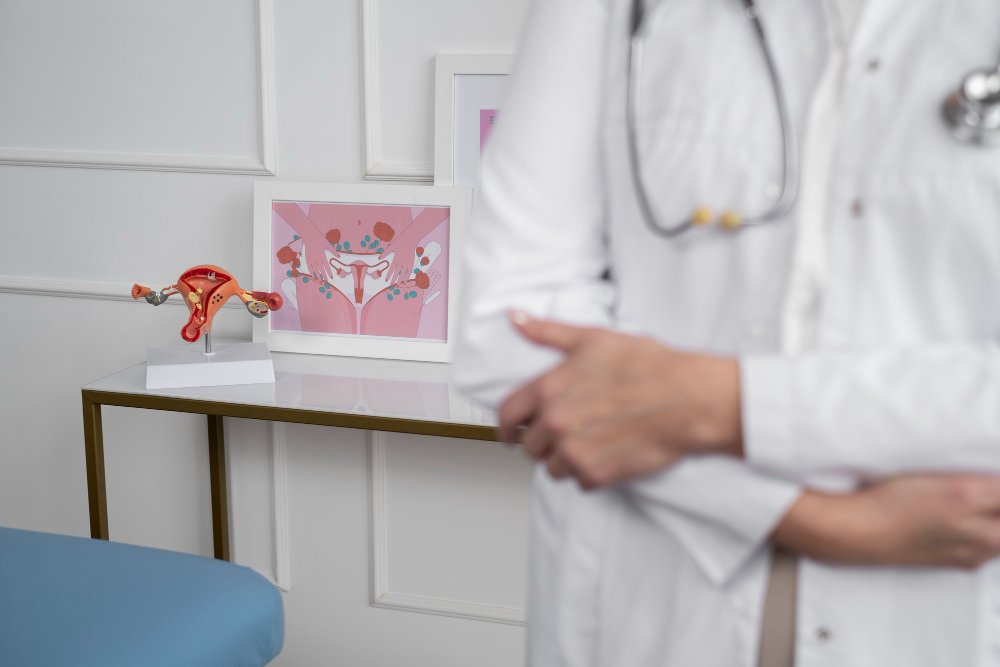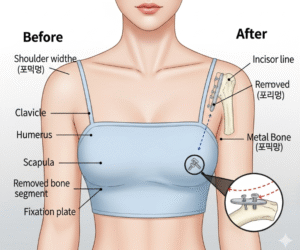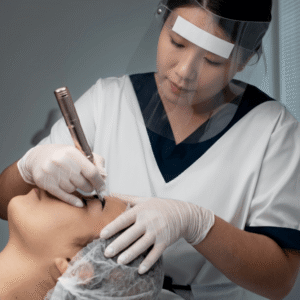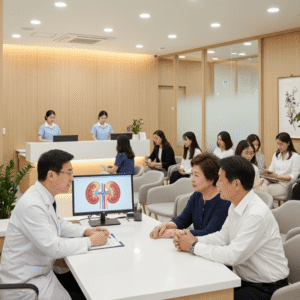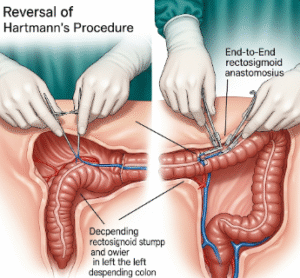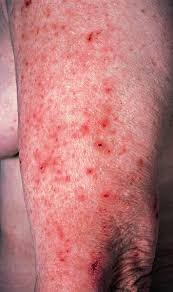Overview
Asherman’s Syndrome is a rare but serious condition characterized by the formation of scar tissue (adhesions) inside the uterus, often leading to reduced menstrual flow, infertility, or recurrent miscarriages. It typically occurs after uterine surgery or trauma, such as dilation and curettage (D&C). Early diagnosis and treatment are essential to restore uterine function and fertility. In Korea, advanced diagnostic tools and minimally invasive treatments offer effective management for women with this condition.
What is Asherman’s Syndrome?
Asherman’s Syndrome (also called intrauterine adhesions or uterine synechiae) occurs when fibrous scar tissue forms inside the uterus, often leading to the partial or complete obliteration of the uterine cavity. This scarring can block menstruation and implantation, causing reproductive difficulties. It usually results from damage to the endometrial lining during surgery, infection, or childbirth.
Symptoms
- Light or absent menstrual periods (hypomenorrhea or amenorrhea)
- Infertility or difficulty conceiving
- Recurrent miscarriages
- Pelvic pain or cramping
- Cyclical pain without bleeding (suggesting blocked menstrual flow)
Causes
- Dilation and Curettage (D&C): Most common cause, especially after miscarriage or abortion
- Cesarean section or other uterine surgeries
- Uterine infections: Particularly after childbirth or surgery (e.g., tuberculosis, endometritis)
- Radiation therapy to the pelvis
- Uterine trauma from medical procedures or retained placenta
Risk Factors
- Repeated or aggressive D&C procedures
- Postpartum complications requiring uterine intervention
- Uterine infections or tuberculosis
- History of uterine surgery (e.g., myomectomy, cesarean delivery)
- Inadequate post-surgical care of the endometrial lining
Complications
- Infertility due to poor endometrial environment
- Increased risk of miscarriage or preterm birth
- Menstrual irregularities or complete absence of periods
- Placental abnormalities in future pregnancies (e.g., placenta accreta)
- Emotional distress and reduced quality of life
Prevention
- Use of gentle surgical techniques during uterine procedures
- Minimizing the number of D&C procedures when possible
- Prompt treatment of uterine infections
- Use of intrauterine devices (IUDs) or balloons post-surgery to prevent adhesion formation
- Hormonal therapy to support endometrial healing after surgery
Treatment Options in Korea
South Korea offers state-of-the-art fertility clinics and gynecologic care with highly trained specialists and minimally invasive treatment options for Asherman’s Syndrome.
1. Diagnosis
- Hysteroscopy: Gold standard for visualizing and treating intrauterine adhesions
- Sonohysterography: Saline ultrasound to assess uterine cavity
- MRI or 3D ultrasound in complex cases
- Menstrual history and fertility assessment
2. Surgical Treatment
- Hysteroscopic Adhesiolysis: Minimally invasive surgery to remove adhesions and restore uterine cavity
- Use of barrier devices (e.g., IUDs, Foley catheter) post-surgery to prevent reformation
- Repeat hysteroscopies may be needed in severe cases
3. Hormonal Therapy
- Estrogen and progestin therapy to stimulate regrowth of healthy endometrial tissue post-surgery
- Promotes proper healing and reduces recurrence risk
4. Fertility Support
- IVF (In Vitro Fertilization) may be recommended if natural conception remains difficult
- Close monitoring of pregnancy due to risk of complications
5. Follow-up and Monitoring
- Korean hospitals offer structured follow-up care to ensure adhesion recurrence is minimized
- Periodic hysteroscopic evaluations after treatment

